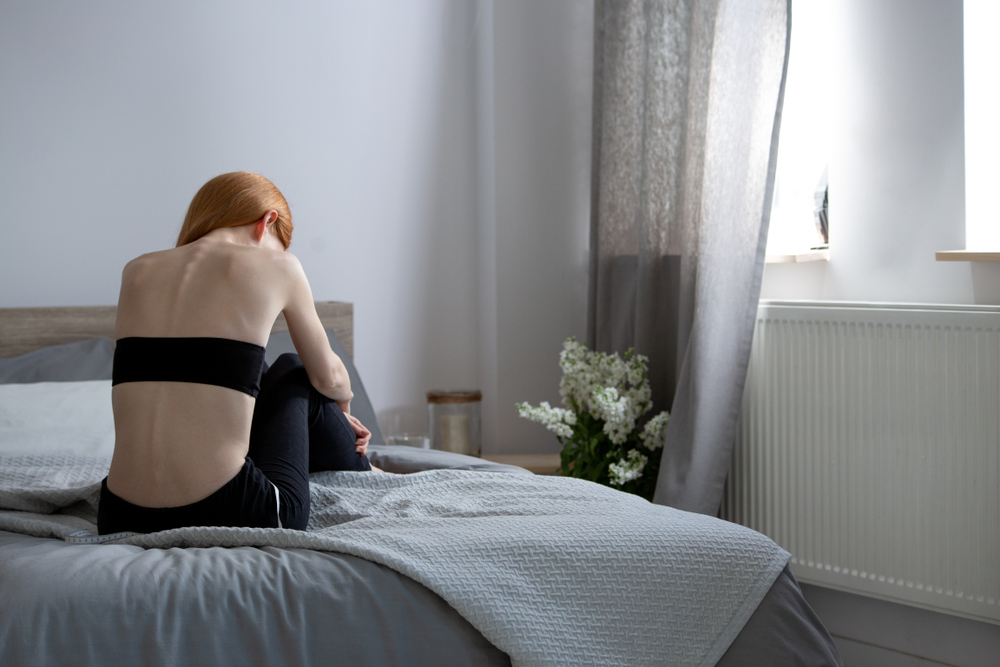You don’t wake up one day hating yourself—it happens in quiet, invisible ways, built over years of internalized messaging, small betrayals, and misplaced loyalty to what others wanted from you. If you’ve ever looked in the mirror and felt like a stranger, or caught yourself apologizing for your existence, this list is for you. It’s time to get brutally honest about the real reasons you feel like you’re never enough.
These 13 truths won’t coddle you—but they might finally crack the code. Ready to see what’s running the show?
1. You Were Taught That Confidence Is Dangerous

As noted by Giovanni Dienstmann, wise confidence is the art of being both humble and confident simultaneously. It involves trusting yourself and developing a strong sense of self-belief grounded in awareness of your strengths and values, while also cultivating self-awareness of your weaknesses and embracing accountability through openness to feedback and self-reflection.
This balance allows you to maintain confidence without slipping into arrogance, highlighting that the suppression of confidence is often a conditioned response rather than true humility.
2. You Feel Bombarded By Other People’s Projections

You didn’t choose the standards—you inherited them. The way you walk, the way you dress, the way you exist has been shaped by a culture obsessed with controlling bodies, especially women’s. And when you internalize that scrutiny, your skin becomes a war zone.
You think the discomfort is your fault. It’s not—it’s a symptom of living in a world that polices bodies like crime scenes.
3. You Think You Have To Earn The Right To Relax

You believe rest, fun, and even basic joy have to be earned. You’ve been trained to grind, to prove, to deserve—and when you stop, the guilt rushes in. According to mental health experts at BetterHelp, that guilt keeps you restless, hyper-vigilant, and disconnected from your body. Excessive or inappropriate guilt can influence your mood and actions, leading to symptoms like social isolation, trouble concentrating, physical stress symptoms, and mental health challenges such as anxiety or depression.
The discomfort isn’t laziness—it’s the ache of living in survival mode. And it’s not sustainable.
4. You Don’t Trust Your Desires

You’ve spent so long suppressing what you want that it feels dangerous to want anything at all. Every time you feel a spark—whether it’s attraction, ambition, or joy—you second-guess it. The internalized voice says, “Is this too much? Am I allowed?”
You’re not indecisive—you’re scared. And that fear is what keeps you stuck in discomfort.
5. You Mistake Anxiety For Your Personality

You think you’re just “an overthinker,” “a people-pleaser,” “someone who worries”—but what if that’s not your personality, it’s your trauma talking? As confirmed by a detailed analysis on misdiagnosing personality disorders as anxiety disorders, many anxiety symptoms are manifestations of underlying trauma and survival patterns rather than fixed personality traits.
And the worst part? You’ve learned to wear that discomfort like a badge of honor.
6. You’re Still Chasing Approval You’ll Never Get

You’re waiting for someone—maybe a parent, maybe society—to say, “You’re enough.” And the truth is, they never will, because they never could. The chase keeps you hooked, but it also keeps you small.
You don’t feel at home in your skin because you’ve outsourced your worth. It’s time to bring it back in-house.
7. You Equate Worth With Productivity

You’ve been conditioned to believe that being busy equals being valuable. So when you’re not “doing,” you feel worthless—like you don’t deserve to take up space. That discomfort isn’t random; it’s capitalism in your nervous system.
Rest isn’t a reward—it’s a right. Research by Avidon Health explains how grind culture’s relentless pressure to work long hours without adequate rest leads to burnout, anxiety, depression, and long-term health issues, emphasizing the need for work-life balance and mental health support to sustain productivity and well-being.
8. You’ve Been Trained To Fear Your Power

When you were a kid, every time you spoke up, someone shut you down. You learned that being loud, bold, or too much made people uncomfortable. So you swallowed your voice, and now it feels foreign to let it out.
That tightness in your chest? It’s all the words you never said. And they’re suffocating you.
9. You Learned To Escape It

The moment something feels hard—an emotion, a confrontation, even joy—you bolt. Scrolling, eating, drinking, and over-scheduling—you’ve mastered the art of not feeling. But the discomfort you’re running from is exactly where your power lives.
You don’t feel comfortable in your skin because you’ve never practiced staying there. It’s a muscle—and you can build it.
10. You Mistake Adaptability For Authenticity

You’re so good at shape-shifting to fit in that you’ve forgotten who you are without the mask. Every room, every person, every situation—you become what’s needed. And it’s exhausting.
The discomfort you feel? It’s the tension of trying to hold a dozen versions of yourself at once. No wonder you feel like a stranger in your own body.
11. You’re Grieving A Version Of Yourself You Never Became

There’s a quiet ache for the life you could have had—the dreams you buried, the person you didn’t let yourself become. That grief lives in your body, showing up as restlessness, shame, and a sense of being “off.” It’s the tension between who you are and who you know you could be.
It’s not too late—but you have to stop pretending you’re okay with smallness. That discomfort is your soul knocking.
12. You Confuse Peace With Numbness

You think you’re calm when you’re just disconnected. The absence of chaos isn’t peace—it’s emotional shutdown. And that numbness feels safe, but it’s also why you feel so lost in your own body.
Peace isn’t silence; it’s presence. And your discomfort is the signal that you’re ready to come back to life.
13. You’ve Been Living A Life That Wasn’t Yours

You chose the job, the relationship, the city, the lifestyle—not because you wanted them, but because you thought you should. You built a life to impress, to please, to fit in—and now you’re trapped inside it, wondering why it feels so wrong. That discomfort? It’s your body screaming for an exit.
You don’t hate yourself—you hate the life that doesn’t fit you. And it’s time to start listening.
Natasha is a seasoned lifestyle journalist and editor based in New York City. Originally from Sydney, during a stellar two-decade career, she has reported on the latest lifestyle news and trends for major media brands including Elle and Grazia.


